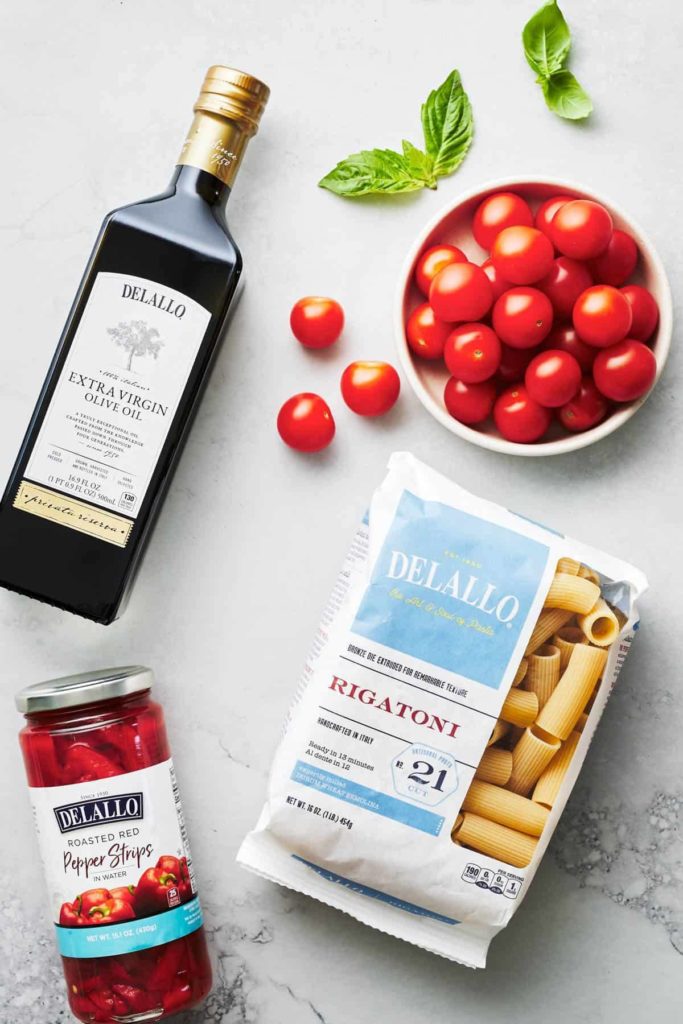If you’ve ever had a paid partnership with a brand, you know that contracts come with the territory. And if you haven’t done any sponsored content yet, now is the time to brush up on your negotiating skills and contract terminology.
We’ve reviewed the MAGIC Framework for negotiating with brands in the past, but we wanted to dive deeper into the most common areas for negotiation within contracts.
I know, I know, I can almost hear the snores through the computer screen. But learning the language of contracts can empower you to be a much stronger negotiator and can mean a difference of thousands of dollars in payment.
We’ve broken down six clauses of a sponsored content contract that often lead to negotiations between a brand and a content creator. Within each section, we’ll chat about the most important things to look out for and prioritize. Let’s dig in!

1. Who, What, Where, When, Why?
The scope of work is the outline of your project. This is the bread and butter of a contract because it outlines the work you’ll do for the brand!
The main goal of the scope of work is a specific outline of the deliverables, including a timeline, point of contact, and the exact types of content the brand is expecting.
If the brand is requesting a quick turnaround in the timeline, don’t be afraid to charge an additional fee! This is a great time to be specific about expectations surrounding product placement in photos and videos. Does the brand expect to be placed in one photo, or featured in 30 photos? Adjust your compensation accordingly.
Having a detailed scope of work can save you lots of heartache and headaches down the road, so take the time to make sure both you and the brand understand the scope of the campaign to get this part of your contract right!
2. Money Money Money
Payment terms are obviously an important part of a contract and the negotiation process, but the payment terms include much more than just the dollar amount.
When will you be paid? You might see “Net 30” or “Net 60” in a contract, which means that you will be paid 30 or 60 days after the content or service is delivered. This time period is up for negotiation and can impact the amount you charge as well. You may also consider requiring a deposit before starting work.
We recommend finding a tool (like FreshBooks, Dubsado, QuickBooks, or a spreadsheet) that works for you to track payments and stay organized.
Want to learn more about generating income from your blog?3. Who Owns the Content?
This is a biggie! Ownership of Content is one of the most heavily negotiated sections of contracts, and it is often tied to compensation.
Here are two common scenarios for influencer-created content:
- Influencer retains ownership of all influencer-created content and the brand either has no rights to the content OR receives a license to display on certain channels (i.e. digital channels). The influencer can request that there is attribution back to the influencer for a certain time period or for perpetuity.
- Influencer assigns ownership, or all rights, to a brand and retains a license to display the content. Typically, influencers will charge a higher rate if the brand wants this full ownership. This might be described as “work for hire.”
Looking to negotiate ownership of content? Try starting with: “I wasn’t anticipating the brand’s ownership in my original quote; here is the new price to reflect ownership.”

4. You Can’t Sit With Us
Exclusivity provisions are sometimes included in contracts to ensure that you are not promoting a competing brand or category on your blog or social media pages.
As with the other contract sections, it is important to be as specific as possible when defining who the competing brands are. Know that you can always ask the brand for a list of similar products or companies that they would consider to be off-limits.
You also want to be clear on the timing of an exclusivity provision. If a brand specifies an exclusivity period of one year, you will not be able to work with any competing brands during that period. You will commonly see exclusivity for defined times pre- and post-publication.
Lastly, it is important to specify what is excluded. Does this involve all other sponsored content? What about display ads? Will a product in your pantry in the background of a photo in another post be problematic? Be informed!
Exclusivity can make a big impact on compensation. If you are unable to work with any similar brands during a certain time period, you want to ensure you are being paid enough to cover that time. Don’t be afraid to negotiate with that in mind!
5. The Edit
In many contracts, the brand will want to see and approve a draft of the content and/or visuals before publication.
It is important to know what editing rights the brand expects. We recommend that you only allow a brand to make changes to factual misstatements or misrepresentations of the brand. You don’t want to allow changes to your voice and style so that readers won’t recognize the content as yours.
You will also want to consider the timeline of revisions and how many revisions you will allow. If you don’t specify a cut-off date or the number of revisions, the brand may have full rights to ask for revisions indefinitely.
Lastly, decide how you will handle requests for photo reshoots, which can be time-consuming to complete. Again, specifying how many rounds of reshoots you’re willing to do would be helpful here.
6. How Do We Call It Quits?
“It’s not you, it’s me!” The Termination Clause is really just that – a pre-approved break-up plan. Mutual termination provisions allow both parties to know how to end a professional relationship.
Is the right to terminate mutual, or is it only up to the brand? Can termination happen with or without cause? How much notice must be provided? In the event of termination, will the influencer be paid? What will happen to the unfinished content?
Negotiating for a mutual termination provision can help to ensure that you are protected and compensated for the work that you’ve completed and give you the power to end a partnership if it is no longer serving you.
Ready for more details on negotiating with brands?Phew! There is a LOT to consider when going through contracts with brands, isn’t there? Have you ever negotiated with a brand over sponsored content? What successes did you have? Any struggles to share? Let us know in the comments!